Long-Term Recovery and Relapse Prevention
Achieving long-term recovery from addiction is a complex and ongoing process that extends beyond initial treatment. Couples Rehabs in Orange County is dedicated to supporting individuals and couples in their journey to lasting sobriety through comprehensive recovery programs and relapse prevention strategies. This guide explores the key elements of long-term recovery, effective relapse prevention techniques, and how Couples Rehabs integrates these strategies into their programs to support sustained success in overcoming addiction.
Contact Us for Professional Services 888-325-2454
Definition of Long-Term Recovery
Long-term recovery refers to the ongoing process of maintaining sobriety and improving overall well-being after the initial phase of addiction treatment. It involves not only abstaining from substance use but also addressing the underlying issues that contributed to addiction, such as mental health disorders, relationship problems, and lifestyle challenges. Long-term recovery is a commitment to personal growth and sustained change, requiring ongoing effort and support.
At Couples Rehabs, long-term recovery is viewed as a holistic journey that encompasses physical, emotional, and psychological aspects. The goal is to help individuals and couples build a solid foundation for a healthier, more fulfilling life, free from the constraints of addiction.
Importance of Long-Term Planning
Effective long-term recovery requires careful planning and foresight. Long-term planning involves setting realistic goals, developing strategies for maintaining sobriety, and preparing for potential challenges. It includes creating a structured plan that addresses various aspects of life, such as work, relationships, and personal well-being.
Couples Rehabs emphasizes the importance of long-term planning by working with clients to develop comprehensive recovery plans. These plans take into account individual and relational needs, ensuring that both partners in a couple are prepared for the ongoing demands of recovery. Long-term planning helps individuals and couples stay focused on their recovery goals and navigate the complexities of life after treatment.
Relapse Prevention Strategies
Relapse prevention is a critical component of long-term recovery, aiming to reduce the risk of returning to substance use. Effective relapse prevention strategies involve identifying triggers, developing coping mechanisms, and implementing lifestyle changes that support sobriety. Common strategies include avoiding high-risk situations, building a strong support network, and practicing stress management techniques.
Couples Rehabs integrates relapse prevention into their programs by providing clients with tools and strategies to manage cravings and prevent relapse. This includes educating clients about recognizing warning signs, developing healthy coping skills, and creating action plans for managing potential setbacks. By focusing on proactive prevention, Couples Rehabs helps individuals and couples maintain their recovery and achieve long-term success.
Personalized Relapse Prevention Plans
Personalized relapse prevention plans are tailored to the specific needs and circumstances of each individual or couple. These plans take into account factors such as personal triggers, substance use history, and unique challenges. A customized approach ensures that the strategies and interventions used are relevant and effective for each person’s situation.
At Couples Rehabs, personalized relapse prevention plans are developed through a collaborative process involving clients, therapists, and counselors. These plans include individualized goals, coping strategies, and support mechanisms designed to address each client’s unique needs. By providing personalized support, Couples Rehabs enhances the likelihood of successful long-term recovery.
Continued Therapy and Support
Ongoing therapy and support are essential for maintaining long-term recovery. Continued therapy provides a space for individuals and couples to explore and address any emerging issues, receive guidance, and reinforce recovery skills. Support groups, counseling sessions, and check-ins with therapists help individuals stay engaged in their recovery process and address any challenges that arise. This ongoing support helps clients build resilience, strengthen their recovery skills, and maintain their commitment to sobriety over time.
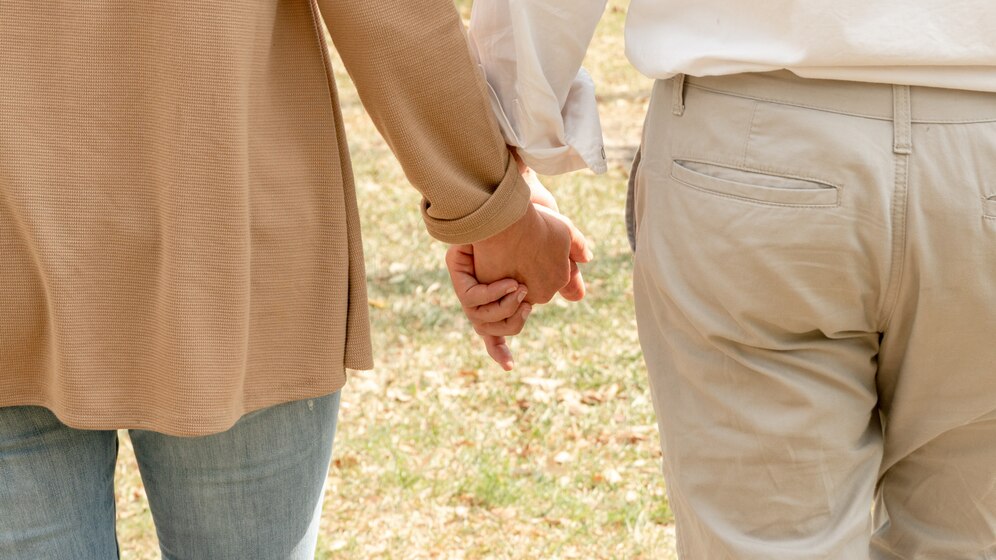
Role of Couples Therapy in Recovery
Couples therapy plays a crucial role in the recovery process for those in relationships. It addresses relationship dynamics, communication issues, and emotional challenges that may impact recovery. By working together in therapy, couples can build a stronger, more supportive relationship that enhances their individual and collective recovery efforts.
At Couples Rehabs, couples therapy is integrated into the recovery process to help partners navigate the complexities of addiction and recovery. Therapy sessions focus on improving communication, resolving conflicts, and fostering a supportive environment for both partners. This collaborative approach strengthens the couple’s ability to support each other and maintain their sobriety.
Managing Setbacks and Maintaining Motivation
Setbacks are a natural part of the recovery journey, and learning how to manage them effectively is essential for long-term success. Maintaining motivation involves setting achievable goals, celebrating progress, and staying connected to the reasons for pursuing recovery. Developing a resilient mindset and having strategies in place to handle setbacks can help individuals and couples stay on track.
Couples Rehabs supports clients in managing setbacks and maintaining motivation by providing tools for self-reflection, goal-setting, and stress management. Clients are encouraged to recognize their achievements, learn from challenges, and continue striving towards their recovery goals. This approach helps individuals and couples stay motivated and committed to their recovery journey.
Holistic Approaches to Recovery
Holistic approaches to recovery address the whole person, including physical, emotional, and spiritual well-being. These approaches recognize that addiction affects various aspects of life and that recovery involves more than just abstaining from substances. Holistic practices may include exercise, nutrition, mindfulness, and spiritual exploration.
Couples Rehabs incorporates holistic approaches into their treatment programs to support comprehensive recovery. Clients have access to a range of holistic therapies, such as yoga, meditation, and nutritional counseling, which enhance their overall well-being and support long-term recovery. By addressing multiple facets of health, Couples Rehabs promotes a balanced and sustainable approach to recovery.
Resources and Continuing Care
Resources and continuing care are vital for sustaining long-term recovery. This includes access to ongoing support services, educational resources, and community connections. Continuing care helps individuals and couples navigate the transition from treatment to everyday life and provides ongoing support to reinforce their recovery efforts.
Couples Rehabs provides a range of resources and continuing care options to support clients after they complete their primary treatment program. These resources include referrals to support groups, educational materials, and access to community services. By offering continued support, Couples Rehabs helps clients maintain their progress and continue their journey towards lasting recovery.
Find Long-term Recovery and Relapse Prevention Near You
Long-term recovery from addiction is a multifaceted process that requires ongoing commitment, planning, and support. Couples Rehabs is dedicated to helping individuals and couples achieve lasting sobriety through comprehensive relapse prevention strategies, personalized care, and continued support. By integrating therapy, holistic approaches, and effective relapse prevention techniques, Couples Rehabs supports clients in navigating the challenges of recovery and building a healthier, more fulfilling life. Embracing these strategies ensures that individuals and couples are well-equipped to achieve and maintain long-term recovery. Contact us today to learn how our specialized programs can support you and your partner on your journey to lasting sobriety.

1. What is relapse prevention, and why is it important for couples in recovery?
Answer: Relapse prevention focuses on developing strategies to avoid returning to substance abuse. For couples, it involves building resilience together and creating a supportive environment to maintain sobriety.
2. How can couples work together to prevent relapse?
Answer: Strong communication, shared accountability, and mutual support are key. Couples can create relapse prevention plans together, identify potential triggers, and develop healthy coping mechanisms.
3. What are some common triggers for relapse in couples recovery?
Answer: Triggers can include stress, conflict, social situations, and emotional challenges. Identifying and addressing these triggers together is essential for preventing relapse.
4. How can couples build a strong support system for long-term recovery?
Answer: Attend support groups together, connect with other recovering couples, and involve trusted friends and family in your recovery journey. A strong support network provides encouragement and accountability.
5. What role does communication play in relapse prevention for couples?
Answer: Open and honest communication is vital. Discuss feelings, concerns, and potential triggers openly with your partner. Couples therapy can enhance communication skills.
6. How can couples create a healthy lifestyle to support recovery?
Answer: Prioritize physical health, balanced nutrition, regular exercise, and sufficient sleep. Engage in enjoyable activities together to build positive experiences and memories.
7. What are some warning signs of potential relapse for couples?
Answer: Be aware of changes in behavior, communication patterns, or emotional states. Increased isolation, neglecting responsibilities, or returning to old habits can be warning signs.
8. How can couples manage stress and conflict during recovery?
Answer: Develop healthy coping mechanisms for stress, such as relaxation techniques, exercise, or spending time in nature. Seek professional help if needed to address underlying issues.
9. What is the role of aftercare in long-term recovery for couples?
Answer: Aftercare provides ongoing support and resources. Couples can attend support groups together, participate in alumni programs, or continue therapy to maintain sobriety.
10. How can Couples Rehabs support couples in building a strong foundation for long-term recovery?
Answer: Couples Rehabs offers comprehensive aftercare programs, including support groups, individual and couples therapy, and relapse prevention planning. We are committed to helping couples achieve lasting sobriety and build a fulfilling life together.
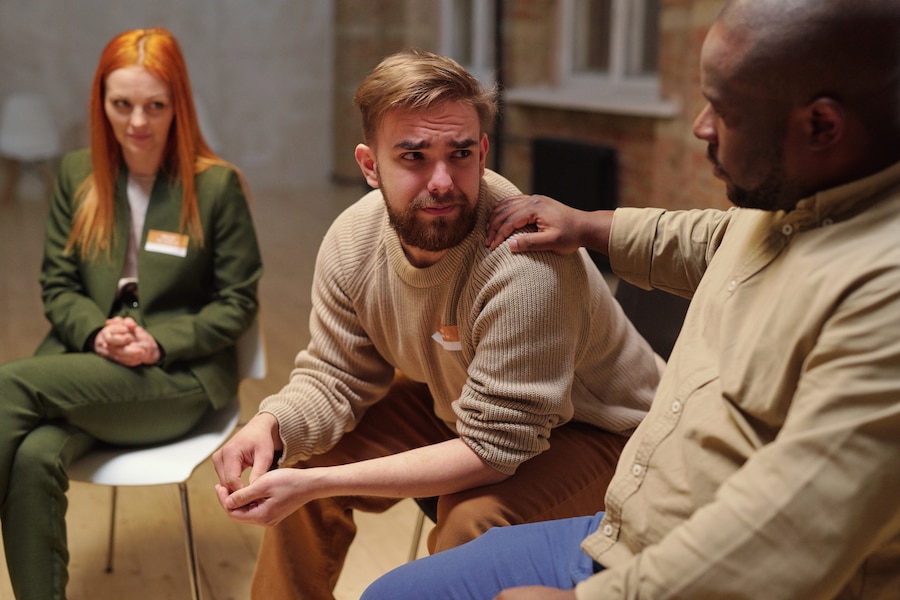
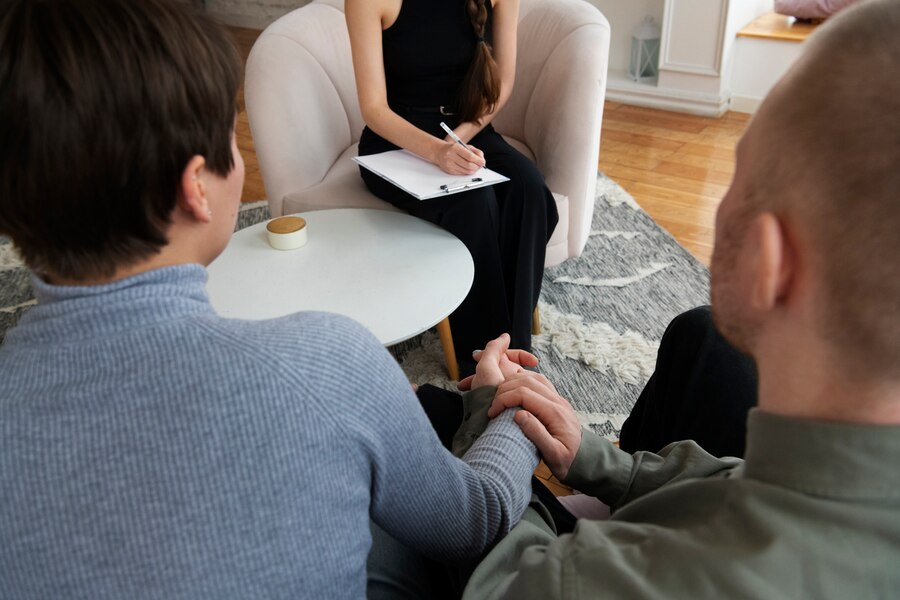
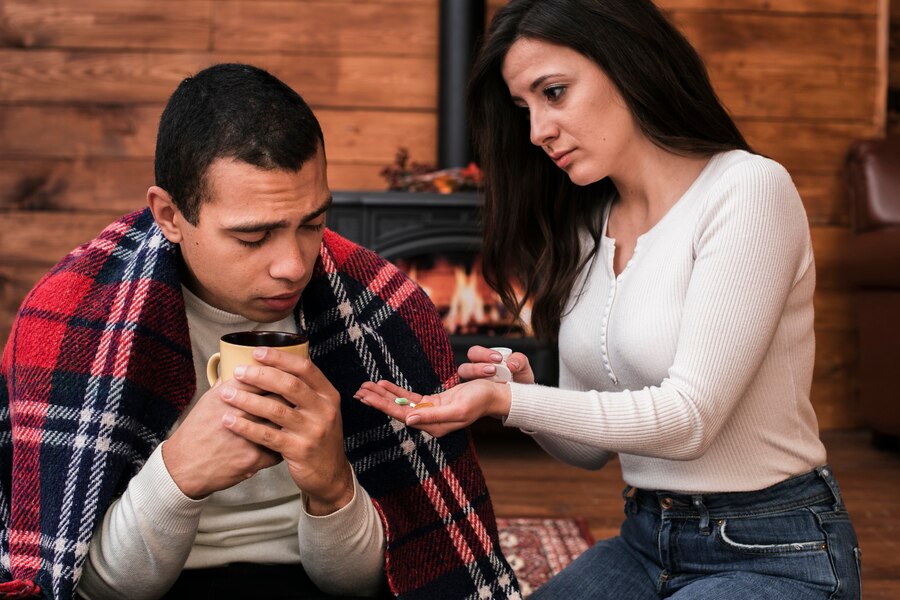
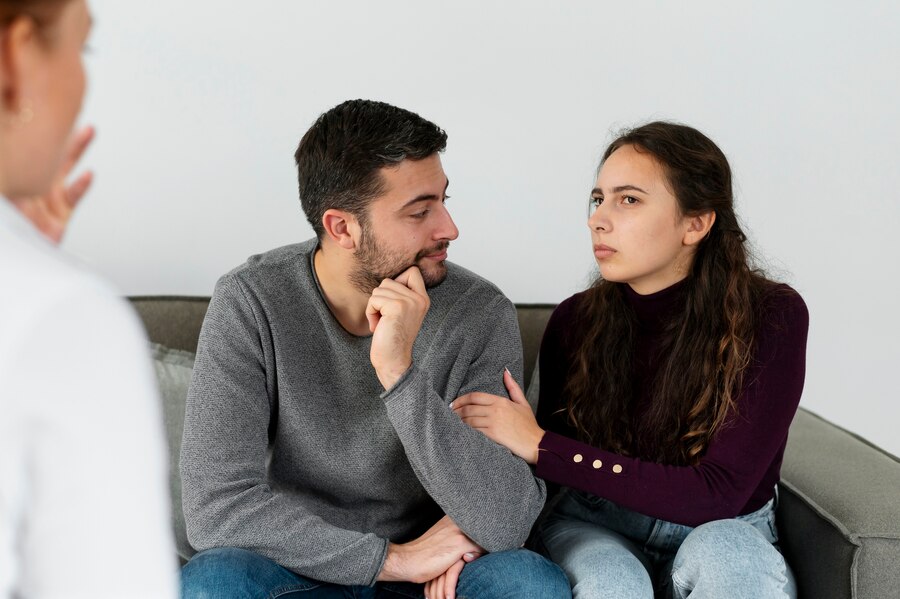
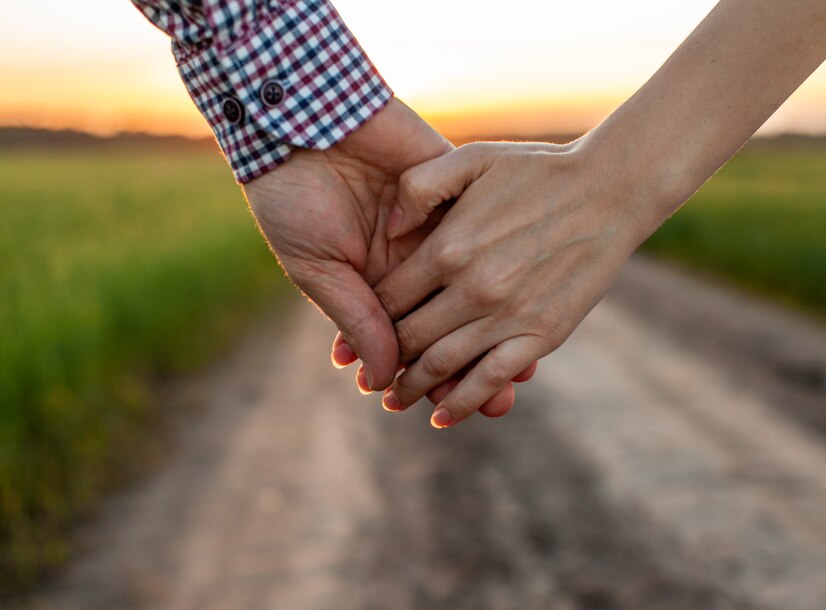
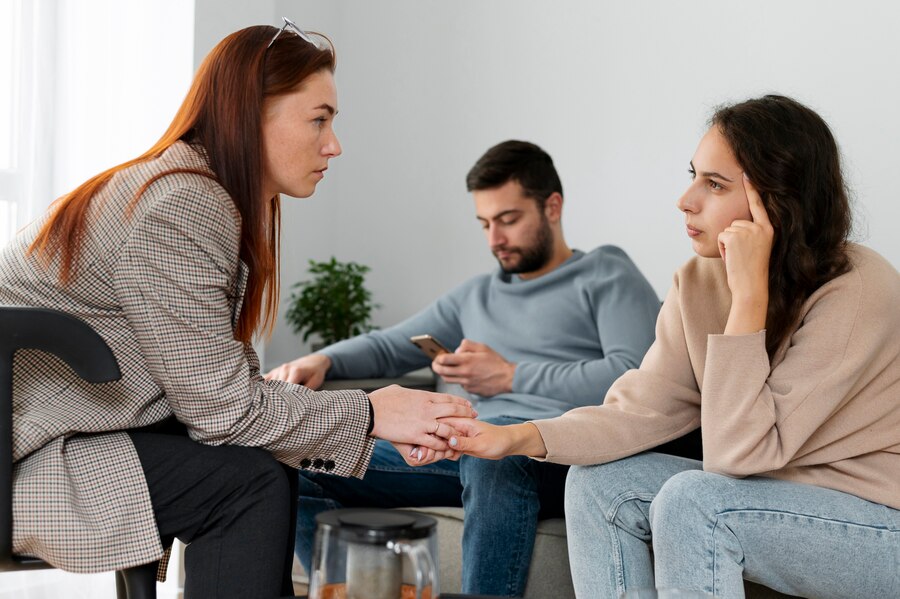
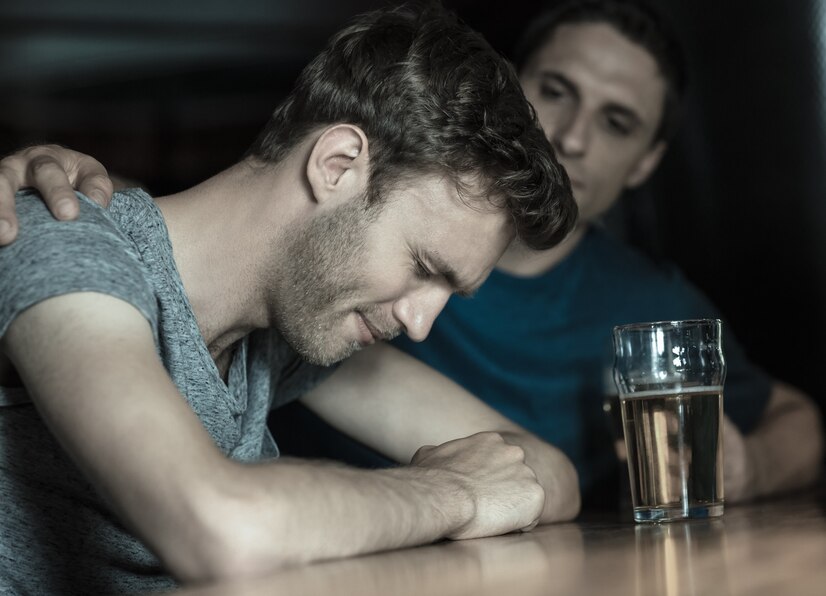
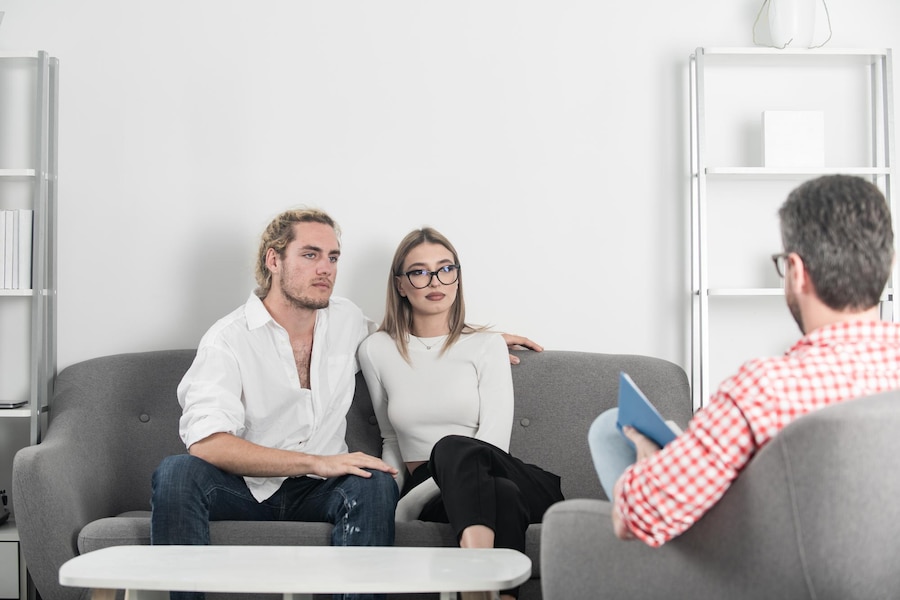
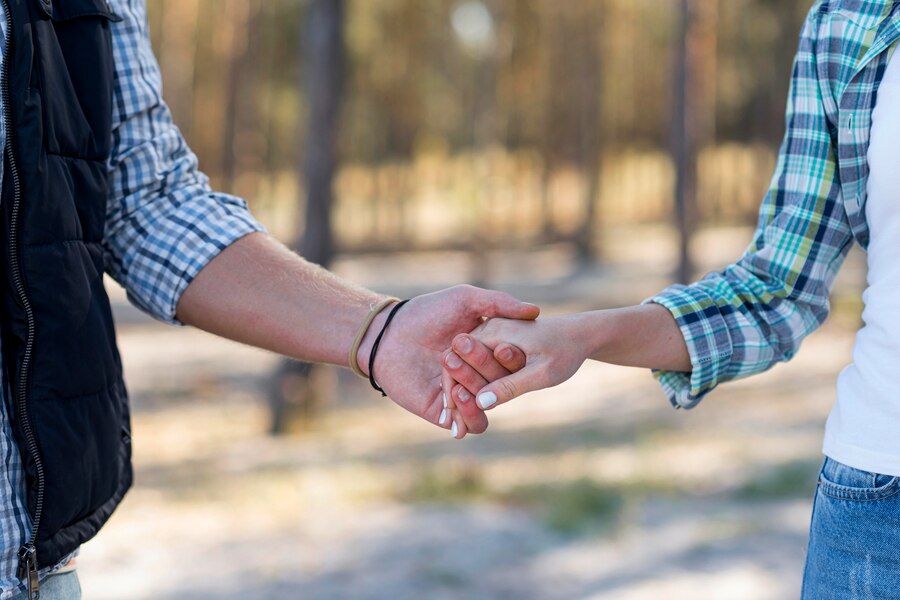



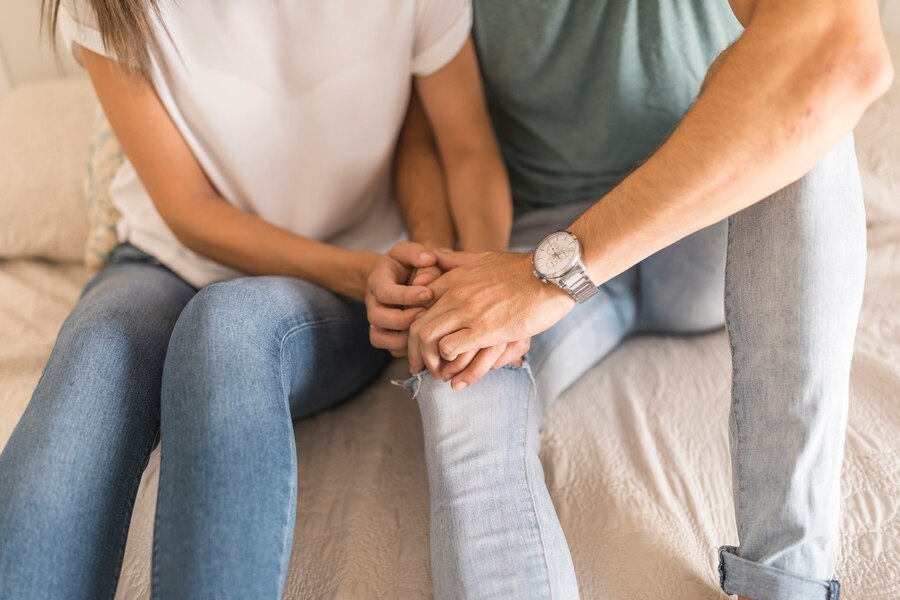

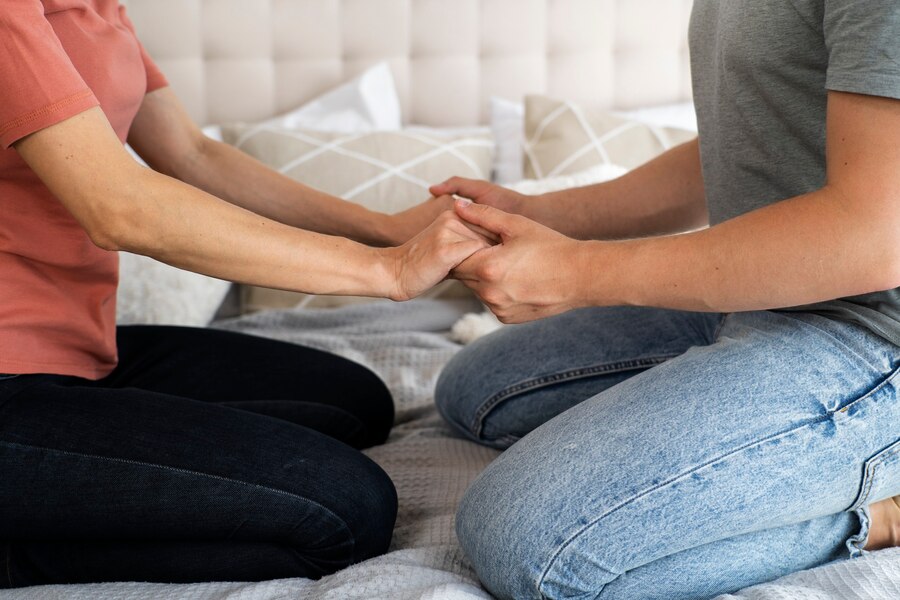
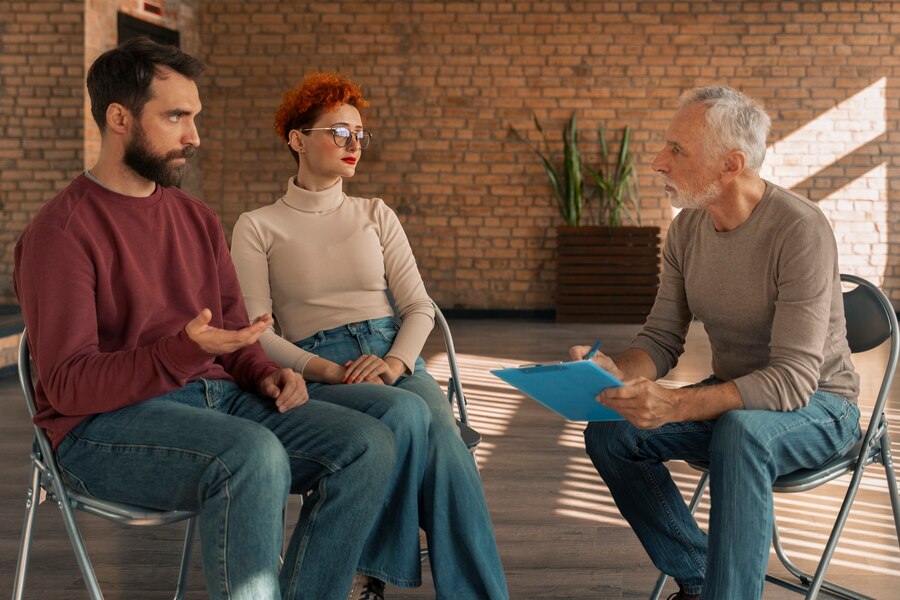
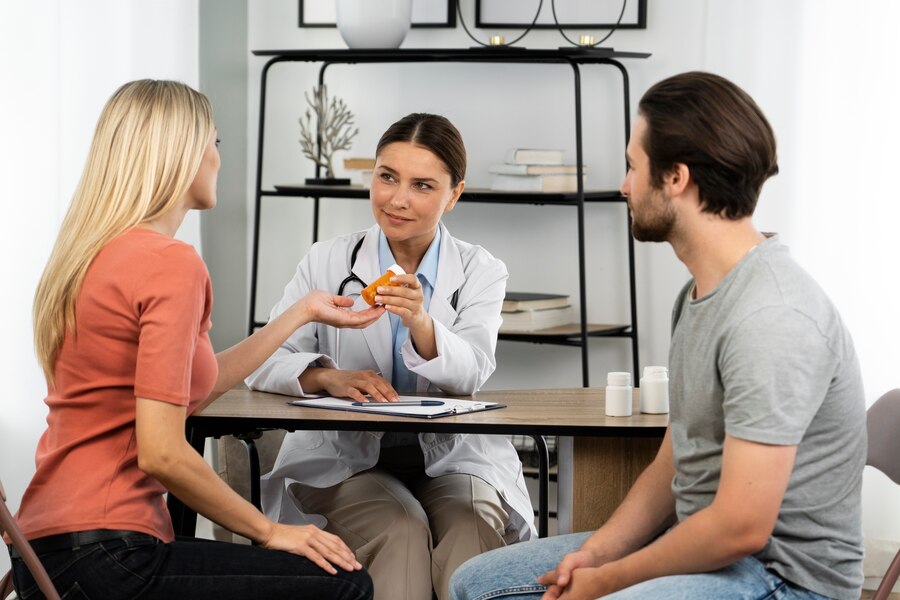


Recent Comments